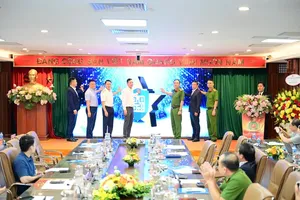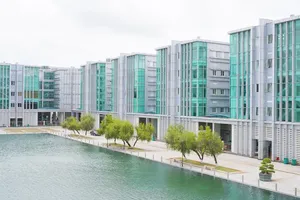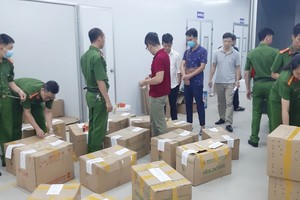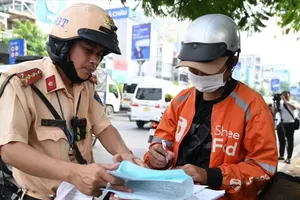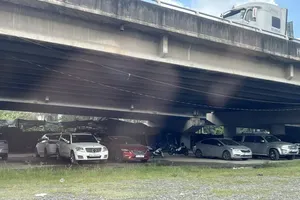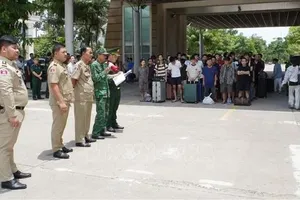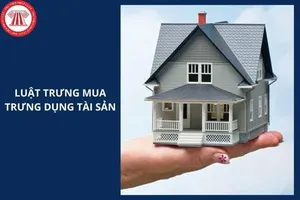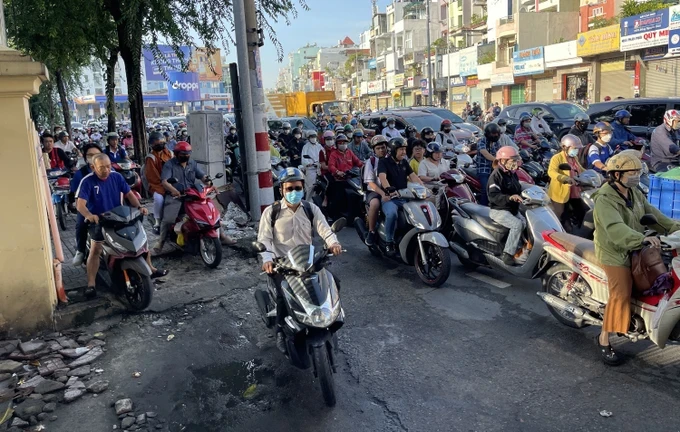
Standing Member of the National Assembly’s Committee for Culture and Education Bui Hoai Son commented that thuggish behaviors on roads stems from multiple intertwining causes, ranging from lack of emotional control and diminished legal compliance to the deterioration of traffic culture.
These aggressive behaviors yield serious consequences not only for victims but for society as a whole. Furthermore, such thuggish conduct damages the image of a civilized society, where positive cultural values are overshadowed by uncontrolled behaviors.
To address this situation, it is necessary to call upon robust, comprehensive solutions from authorities, communities, and individuals. Enhancing legal compliance through educational and awareness programs is essential. These campaigns should not merely disseminate traffic laws but also aim to build civilized behavioral culture.
The traffic police need to increase their presence on roads to promptly prevent violent behavior while strictly enforcing violations to create deterrence. Simultaneously, positive actions like yielding to others and helping accident victims should be fostered to build a more positive traffic environment.
Social media plays a significant role in spreading positive values. Rather than allowing uncontrolled sharing of violent content, these platforms need stricter management mechanisms and should encourage the spread of humanitarian stories.
Each individual must cultivate emotional control skills and maintain composure in all situations. A safe and civilized traffic environment cannot be built without personal awareness of one’s responsibilities.
Dr Pham Thi Thuy from the HCMC Branch of the National Academy of Public Administration shared that modern life inherently contains numerous pressures, and streets, which themselves contribute significantly to these pressures, are where these burdens easily explode.
Mounting sidewalks, weaving through traffic, unnecessary honking, fighting over minor traffic conflicts – all reflect psychological issues in a modern society where life rushes by, dragging people along in its stressful rhythm.
The recent incident of a man assaulting a woman over a minor traffic incident serves as evidence. Many similar stories exist, like a man blocking the road with his vehicle and attacking those who reminded him to move, or a pickup truck driver aggressively using pepper spray on a truck driver for not yielding the right of way.
Such stories are no longer uncommon, and many tragic incidents occur due to psychological issues. All these incidents serve as warning bells that individuals need to pay more attention to their own mental health and that of those around them.
There are disturbances and traumas extending from childhood, life and work pressures causing depression, emotional behavioral disorders, or bipolar disorder. These cases require intensive treatment with psychological doctors, not just a few skill training sessions or superficial guidance.
People with psychological issues, depression, or anxiety disorders typically struggle to control their emotions and behaviors when encountering “uncomfortable” situations on the road. When meeting people who appear to have psychological issues, it is advisable to choose appropriate responses, consider the words carefully before speaking to avoid unfortunate incidents and reduce risks and damages.
Additionally, it is important to note that not all psychological issues exempt a person from responsibility. Blaming aggressive behaviors on pressure is sometimes itself a psychological issue. Blame is a psychological defense mechanism, potentially a strategy to avoid criticism by directing focus or responsibility elsewhere to escape uncomfortable emotions, anxiety, or guilt.
Participating in traffic with consciousness, responsibility, and maintaining composure during incidents is also a way to achieve a peaceful, civilized life.


